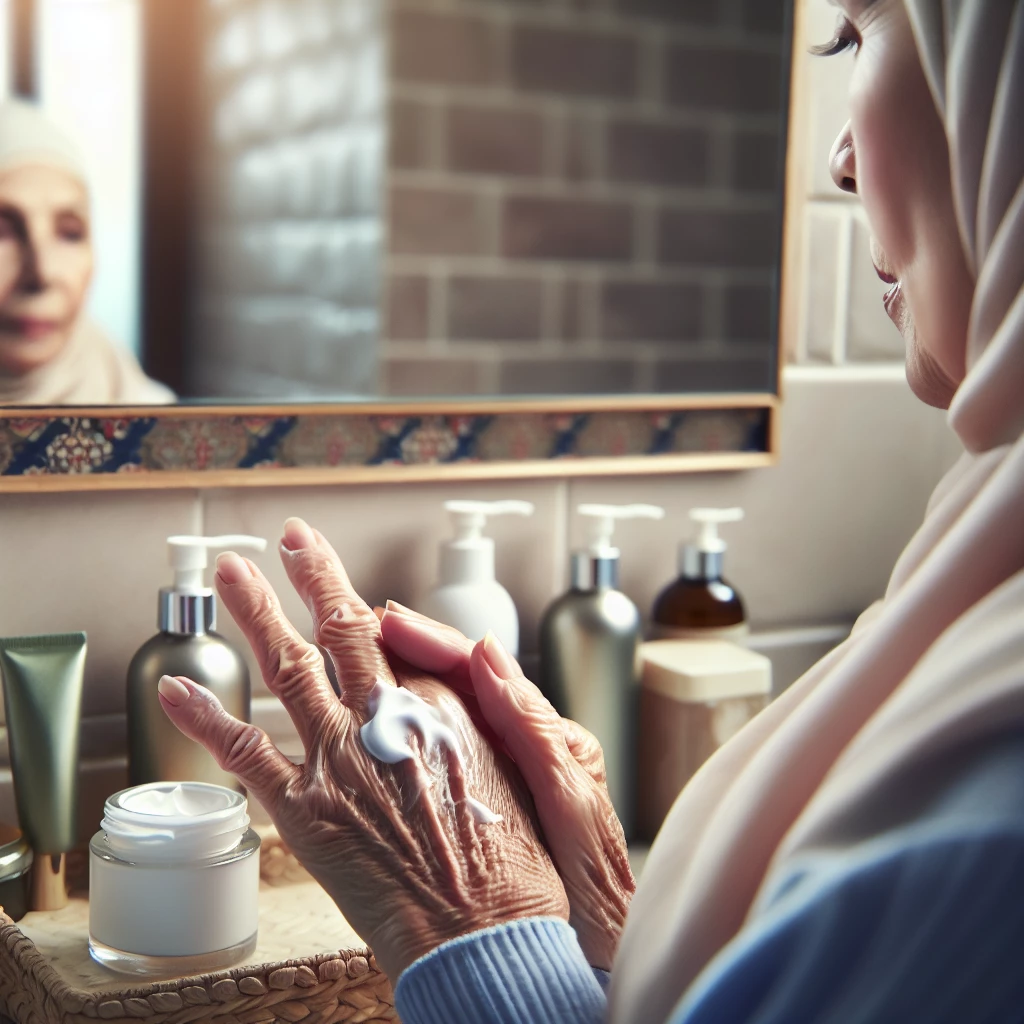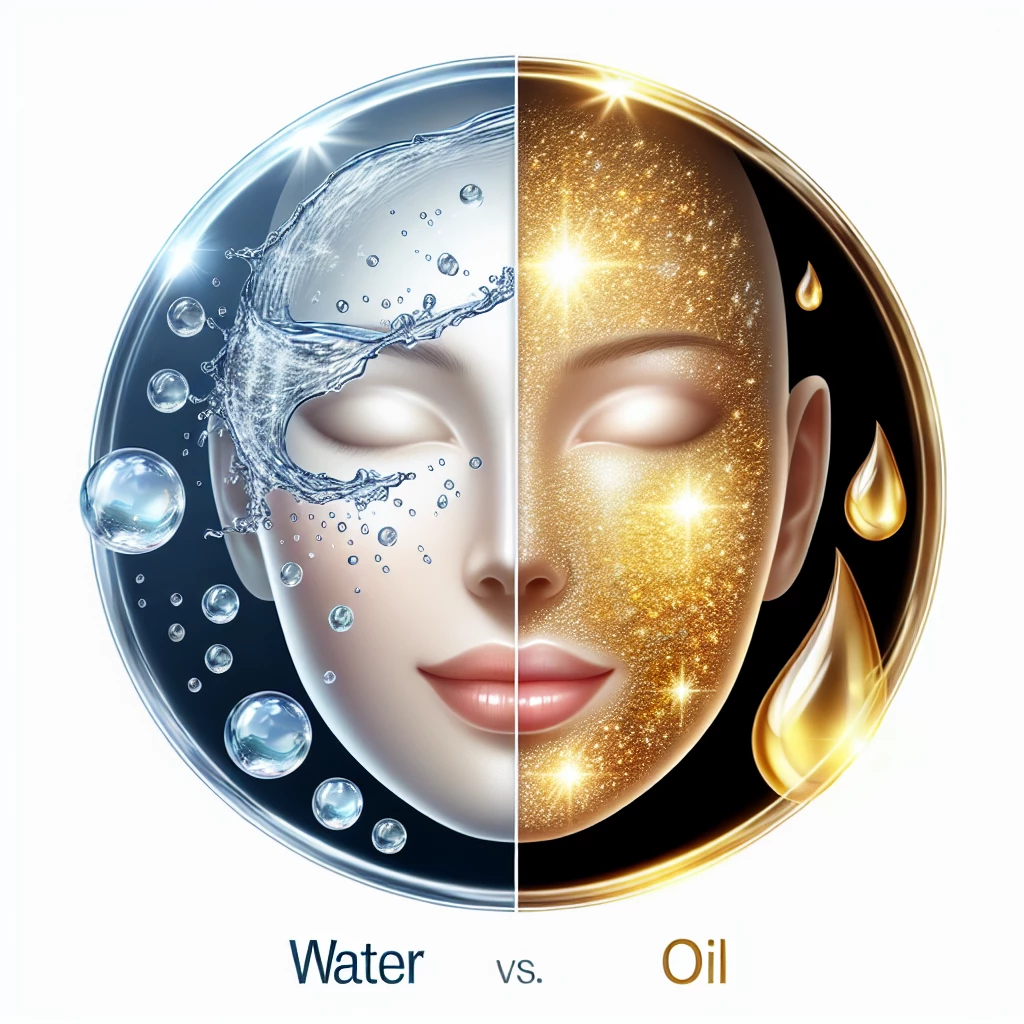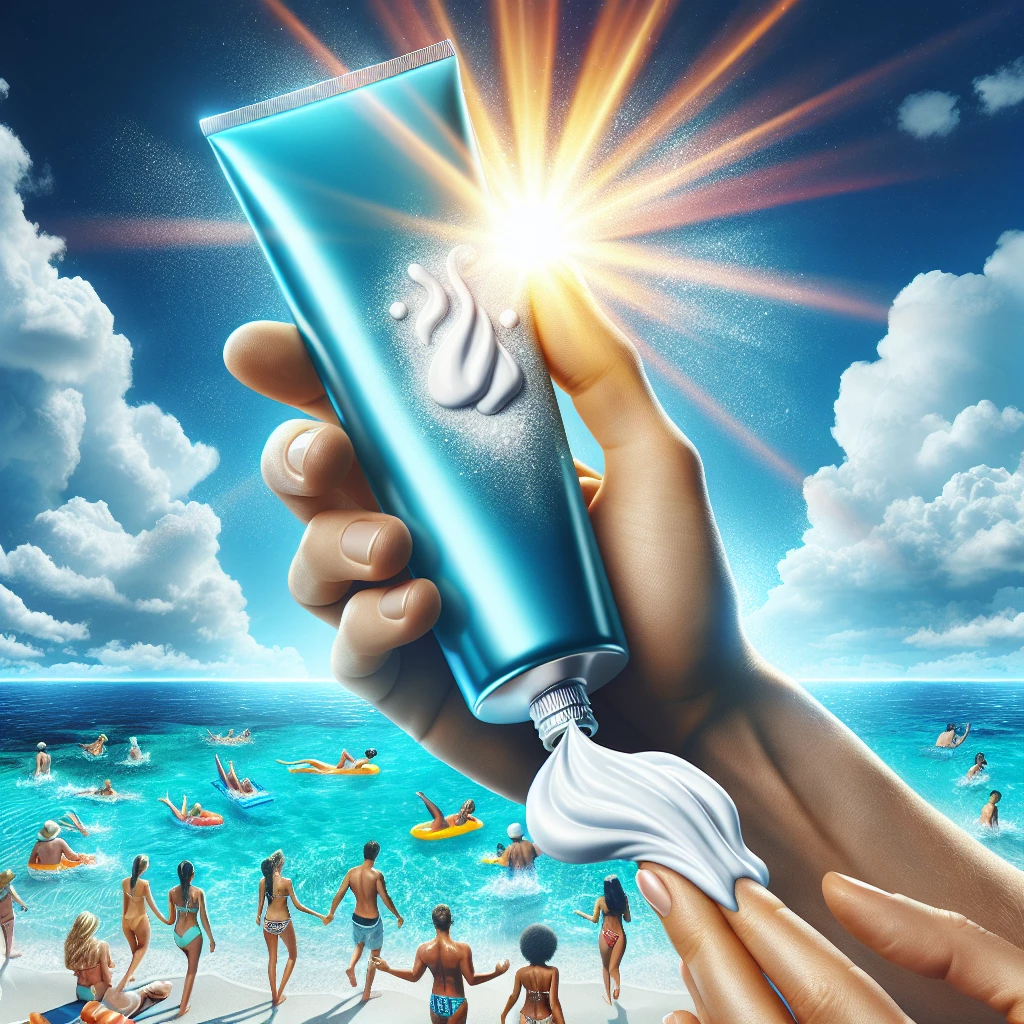Sun protection is more than just a summer or beach holiday task, it's a daily necessity. Taking care of your skin by incorporating a good SPF product into your skincare routine not only prevents sunburn but also protects against skin ageing and skin cancer. If you've ever doubted the power of SPF, this is your wake up call. We're exploring why SPF is your skin's ultimate shield, how to use it properly, and why it goes beyond the beach and swimming pool.
The Importance of SPF
Achieving great skin isn't only about the perfect concealer or foundation, it starts with the health of your skin, protected by SPF. The sun emits harmful ultraviolet (UV) rays that not only cause sunburn, but they also lead to skin aging and increase your risk of skin cancer. That's where SPF comes in. SPF, known as Sun Protection Factor, indicates how well a product can protect your skin from these harmful rays.
While all skin types are susceptible to UV radiation, it's particularly harmful to fair and sensitive skin. However, even if you have darker skin and don't burn easily, you still need SPF to prevent long-term damage. By using an SPF product daily, you can help fight off these factors, preserving your skin's health and vitality.
SPF isn't just for sunny days either. Even on cloudy days, up to 80% of the sun's harmful UV rays can make it through the clouds. So, ensure that SPF protection is a part of your daily skincare routine, regardless of the weather.
Choosing the Right SPF Product
The market is flooded with SPF products, and it can be intimidating to find the one that's right for you. Sunscreen comes in many forms, from lotions and creams to mists and sticks. They also come with varying SPF levels - you may see products ranging from SPF 15 to SPF 100. As a general rule, opt for a product with at least SPF 30, which blocks 97% of UVB rays.
For daily use, find a product that fits easily into your morning routine. Many moisturizers now contain SPF 30 or higher, providing moisture and sun protection in one step. If you're planning on being outdoors for an extended period, opt for a water-resistant sunscreen to keep you protected even when you sweat or swim.
It's also important to remember that applying a higher SPF doesn't mean you can go longer without reapplying. Whatever SPF level you choose, you should reapply sunscreen every two hours and immediately after swimming or sweating.
SPF for Makeup Users
If you're a makeup wearer wondering how to fit SPF into your beauty routine, don't worry. There are plenty of makeup products that include SPF, from foundations and BB creams to lip balms and setting powders. You can easily add sun protection to your makeup routine without adding extra steps.
However, don't rely solely on the SPF in your makeup for protection. While it provides an added layer, it's not enough to entirely protect your skin, especially during prolonged exposure. So, always apply a separate SPF product as a base before your makeup.
In conclusion, sunscreen plays a significant role in maintaining your skin health. Using makeup with added SPF can provide extra protection, but it shouldn't replace your daily sun protection routine.
The power of SPF is undeniable. It's your biggest defense against the sun's harmful rays and is crucial in preserving your skin's health and youthfulness. From preventing sunburn, delaying skin aging, to lowering your skin cancer risk, SPF is indeed your daily superhero. So, never take SPF for granted; instead, make it an essential part of your skincare and makeup routine. Remember, true beauty starts with healthy skin, and a good SPF product is your starting point.

Age Gracefully: Mature Skin Care
Delve into the changes that come with aging skin and the best practices to ensure its health and vitality.

Vitamins for Victory: Skin Nutrients
Discover the key vitamins that contribute to skin health and the best ways to incorporate them into your skincare routine.

Exfoliation 101: Clearing the Surface
Dive into the process of exfoliation, uncovering its benefits and learning how to properly exfoliate for brighter, smoother skin.

Skin Hydration: Water vs. Oil
Get insight into the importance of hydration in skincare routines and understand the difference between water-based and oil-based products.
